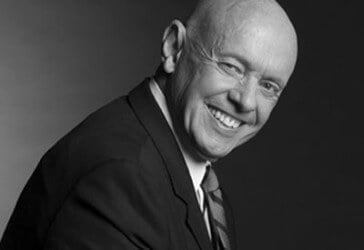
“We are the creative force of our life, and through our own decisions rather than our conditions, if we carefully learn to do certain things, we can accomplish those goals.”
| Seven Habits of Highly Effective People
LDS Quotes on Decisions

“We are the creative force of our life, and through our own decisions rather than our conditions, if we carefully learn to do certain things, we can accomplish those goals.”
| Seven Habits of Highly Effective People
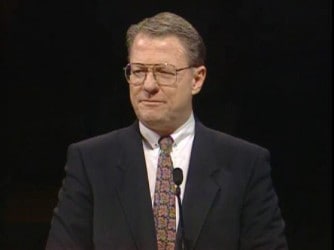
All of our decisions will not be perfect. We will feel hopefully only temporarily, regret. But let us never wait for perfect clarity. It will be a rare decision indeed when all of the data in perfect clarity is apparent before the decision is made. Some of our greatest growth comes from the mind stretching exercise of filling in where information is not available and weighing that which is incomplete. Sometimes there must simply be a leap of faith.
| “Decisions Determine Our Destiny,” February 6, 1981
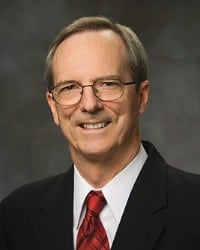
“Neutrality is a nonexistent condition in this life. We are always choosing, always taking sides. That is part of the human experience – facing temptations on a daily, almost moment-by-moment basis – facing them not only in good days but on days we are down, the days we are tired, rejected, discouraged, or sick.”
| The Infinite Atonement
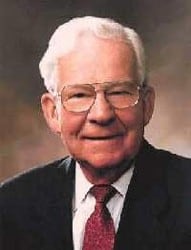
“Generally our Heavenly Father will not interfere with the agency of another person unless He has a greater purpose for that individual. Two examples come to mind: Saul, who became the Apostle Paul, and Alma the Younger. Both these men were deterred from their unrighteous objective of persecuting and trying to destroy the church of God. Both became great missionaries for the Church. But even as the Lord intervened, they were given choices. Alma, for example, was told, ‘If thou wilt be destroyed of thyself, seek no more to destroy the church of God.’”
| “Know He Is There,” Ensign, February 1994, p. 54
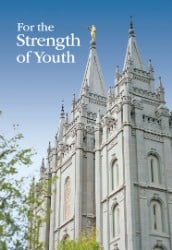
“You are responsible for the choices you make. You should not blame your circumstances, your family, or your friends if you choose to disobey God’s commandments. You are a child of God with great strength. You have the ability to choose righteousness and happiness, no matter what your circumstances.”
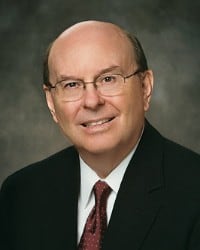
“Sometimes it feels like we are drowning in frivolous foolishness, nonsensical noise, and continuous contention. When we turn down the volume and examine the substance, there is very little that will assist us in our eternal quest toward righteous goals. One father wisely responds to his children with their numerous requests to participate in these distractions. He simply asks them, “Will this make you a better person?”
“When we rationalize wrong choices, big or small, which are inconsistent with the restored gospel, we lose the blessings and protections we need and often become ensnared in sin or simply lose our way.
“I am particularly concerned with foolishness and being obsessed with “every new thing.” In the Church we encourage and celebrate truth and knowledge of every kind. But when culture, knowledge, and social mores are separated from God’s plan of happiness and the essential role of Jesus Christ, there is an inevitable disintegration of society. In our day, despite unprecedented gains in many areas, especially science and communication, essential basic values have eroded and overall happiness and well-being have diminished.”
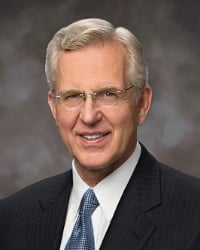
“Exercising agency in a setting that sometimes includes opposition and hardship is what makes life more than a simple multiple-choice test. God is interested in what we are becoming as a result of our choices. He is not satisfied if our exercise of moral agency is simply a robotic effort at keeping some rules. Our Savior wants us to become something, not just do some things. He is endeavoring to make us independently strong – more able to act for ourselves than perhaps those of any prior generation. We must be righteous, even when He withdraws His Spirit, or, as President Brigham Young said, even ‘in the dark.’”
| “Moral Agency,” Ensign, June 2009, p. 53

“God wants to give us something, but cannot, because our hands are full — there’s nowhere for Him to put it.”
| "City of God"
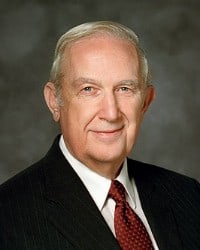
“In time, one who makes decisions based upon circumstance is virtually assured to commit serious transgressions. There is no iron rod of truth to keep that person in the right way. He will continually be faced with many subtle temptations to make deviations from the commandments. Those choices are justified by arguing that they are not that bad, that they are more socially acceptable and provide a broader base of friends. A clever individual without foundation principles can at times acquire, temporarily, impressive accomplishments. Yet that attainment is like a sand castle. When the test of character comes, it crumbles, often taking others with it.
“The second pattern, making decisions based upon eternal truth, is the pattern of the Lord. It will always lead you to make decisions guided by His plan of happiness. Such decisions are centered in doing what is right, not in first deciding the result desired. Choosing to do what the Lord has defined as right will, in the long run, always lead to the best outcomes. However, that pattern may require you to set aside something you very much desire now for a greater future good.”
| "The Power of Righteousness"
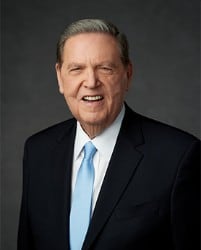
God doesn’t care nearly as much about where you have been as He does about where you are and, with His help, where you are willing to go.